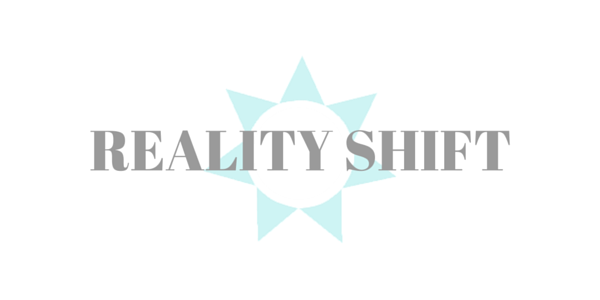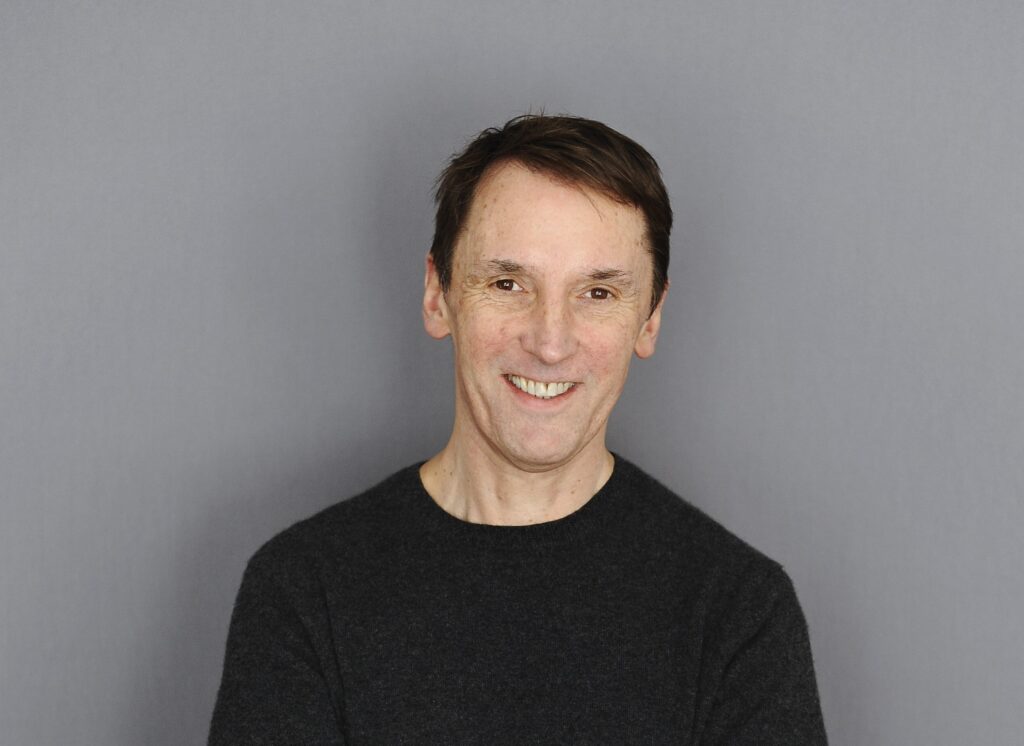Many people identify totally with their work. They may never actually put this into words, but they live as if they were what they do.
When the work goes well their worth as human beings goes up. When the work goes badly, they are failures, useless, fit for nothing.
Our culture encourages this way of living. It teaches us that success and failure, employment, income, output and hard work, are tightly bound up with personal value and virtue.
The problem is, if your creative work and success are measures of your worth, then you are heading for trouble. Either now or in the future, will come a time, inevitably, when your work will go badly, or be received poorly. If you have no more solid source of inner worth to lean on, that time may prove to be overwhelming.
On the other hand, the day when you become successful may also throw you off balance. We hear about this all the time with artists who get rich and famous too quick, do stupid things and lose all their friends, or fall prey to bad people and addictions.
Luckily, the truth is you are not your creative work.
You are just you. Your creative work is created by you and comes out of you, like a child. But you aren’t the child. You are not what you create.
Measuring our human value solely in terms of success, failure, ability and so on, is particularly easy to do when we are creatives. After all, what we produce clearly comes from somewhere deep in the gut and is intrinsically – if mysteriously – a product of our unique temperaments and history.
When our creative work is well-received, it can feel like such a validation. On the other hand when people don’t like what we create, that can feel like a personal attack or slur.
But the approval or the attack is actually for your work, not for you.
This may sound nit-picking, but it’s not.
It’s actually the road to freedom.
If you aren’t your creative work, then you don’t have to take everything so personally. You don’t have to beat yourself up if you do badly. You are still valuable even before you hit the big time. You are still a worthwhile human being when you sit around listening to music and brood on your next project – though to everyone else you simply look bone idle.
Are you a better person if you are successful as an artist?
Are you more valuable as a member of society if your creative work is going well?
Are you bad if some people don’t like your latest book/article/song/performance?
Why is the worth/creative work question so important?
If you are your creative work, the freedom goes. You are locked in to having to create and to create well. Otherwise you feel terrible. You feel like a bad or useless person.
In conditions like these playfulness has no place. Failure is no longer an option. It becomes dangerous or scary to try things out, to risk, and to learn.
Yet we can only grow by learning and learning inevitably involves making a cock-up of things at times. You would never dream of telling the child who is learning to walk that they are bad for falling over. The same goes for yourself.
Despite the endless lies of omission or air-brushing that get told hourly on social media, none of us is perfect, leads a perfect life or has perfect skin. Similarly no one creates perfect creative work without a lot of sweat, tears and mistakes.
But then they learn from those mistakes. They build on them. After all, making mistakes is a good sign. It’s a sign that our ambition is greater than our skill and that means we are still alive. We still want more. Whether we are 18 or 80, we still want to risk and stretch.
The new truths about you and your creative work:
You are you and you is fine.
You’re as worthwhile a person before and after you’ve written or sung or done your daily piano practice or performed in a play, or got rave reviews or absolute stinkers.
Your creative work isn’t you. This means you can look at what you create objectively. Then you can improve it. You can try things out in your creative practice, without pulling yourself apart or beating yourself up.
You can change direction in your creative work without an identity crisis.
You can try a new way of playing it at the rehearsal and when it looks silly, you don’t have to hide in your dressing room for the rest of the day.
You can see clearly. You can own up to yourself that the first 50 pages of your book are simply padding. Then you can scrap them. All without having a nervous breakdown.
You can adjust how you work, where you work, your working habits, without bringing your whole life and vocation into question.
You can fail and learn. Obviously we all prefer success to failure. But success builds on the learnings of failure and usually only comes after repeated failures in the past.
When failure comes, as it inevitably will, you have a choice. You can fall apart, or you can choose the truth, which is that this unpleasant reality isn’t a reflection of your worth. Failures are still allowed to smile, to enjoy life. And really, there aren’t any failures. That label in no way reflects the real you.
Nor is failure a final destination. It’s just a place we all pass through on the road to somewhere better.


